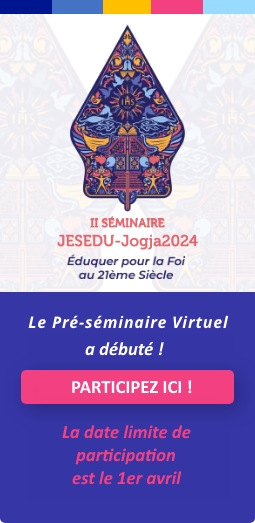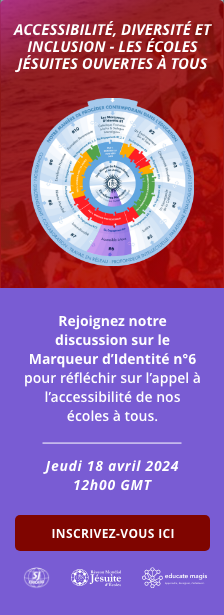Today, 27th January, is Holocaust Memorial Day, the international day marking the anniversary of the liberation of Auschwitz-Birkenau, the largest Nazi death camp. It is a day when we remember a world scarred by genocide – not only under Nazi persecution, but also the genocides in Cambodia, Rwanda, Bosnia and Darfur.
A group of students from St Aloysius College Secondary School, in Birkirkara, visited the death camp in Poland last October, and were marked by the experience. Christine Rossi asked fifth former Thomas Sciberras Herrera, and Roberta Vella, the educator who organised this visit, to share their experiences.
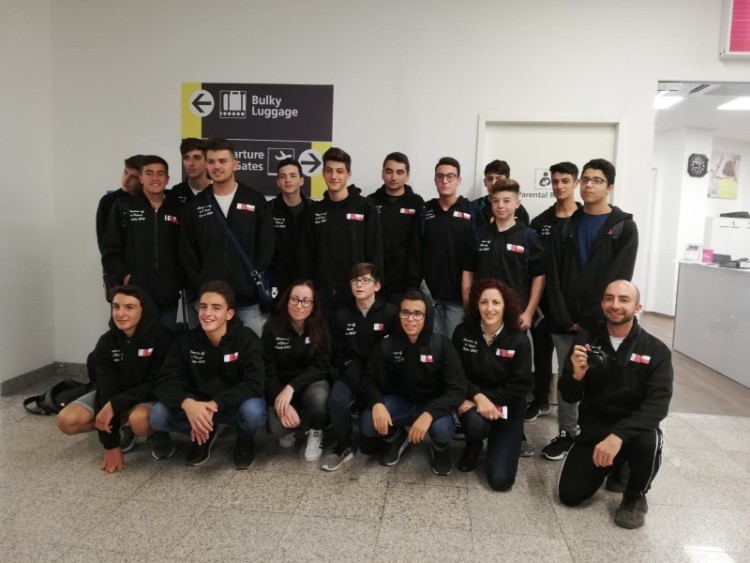
Thomas, what impact did this visit have on you as students?
It goes without saying that our visit to these camps has left a very strong impact on us students. As we were walking in and out of the rooms, in the different barracks, we could see thousands of shoes, crutches, wheelchairs, baby clothes and much luggage. We could not help but experience shock while visiting the furnaces that were used solely to burn the Jews. Our tour guide also told us that her grandparents had been killed in the gas chambers at Birkenau camp. These chambers were almost completely destroyed, since Hitler had ordered them to be all demolished when he realized he was losing the war.
After visiting the camps, we felt so disturbed; none of us had words to describe the horror of what our eyes had just witnessed.
Ms Vella, what encouraged you to organise this educational visit to Poland?
The wish to visit Auschwitz has always been there. Being a Social Studies teacher, I have always found it essential and very interesting to learn about the past, especially about WWII. I passed on all the knowledge to my students during our discussions of particular topics such as politics.
I must say that most students showed so much interest in these topics. They also found it difficult to perceive how people lived in totalitarian states and were constantly asking me to organise an educational visit to Poland – particularly to Auschwitz Camp. They finally convinced me and with the full support of the school management, I started organizing this visit … quite a feat!
We were a group of 19, three teachers and sixteen fifth form students. We spent four days in Poland and visited both Auschwitz and Birkenau Camps on our second day.
Was the experience powerful for you too, as a teacher, even though you knew so much about it?
Yes, reading about it is one thing, being there, in person, is another. I will never forget the feeling of sadness I felt while being there, especially while in the crematorium building and in the room where all innocent victims were led to supposedly ‘take a shower’. I will carry that feeling forever and I am also sure that our students will remember it too. It was definitely an eye-opener, an experience of growth for all of us.
Do you think this visit, especially to the Camps, has had the impact you wished it to have?
Yes, I encourage such educational visits. Through such experiences we learn more about the value of appreciating one’s own life and that of others. Such experiences teach us to cherish what we have and be more willing to help and support people in need. They help us empathize more and take action.
Holocaust Memorial Day is not meant to be a day to dwell on the past, but rather to learn from it, and take action to create a safer future. In their daily life, students need to realise the consequences of prejudice and of the language of hatred. Students must be moved to challenge. Living in our fragile and vulnerable world, a world still prone to genocide, our young people, need to understand that they cannot be complacent.
Personally, I really feel that this has been an opportunity for our students to reflect on what Fr Pedro Arrupe, the Jesuit General, dreamt all Jesuit students to be: men and women for others.
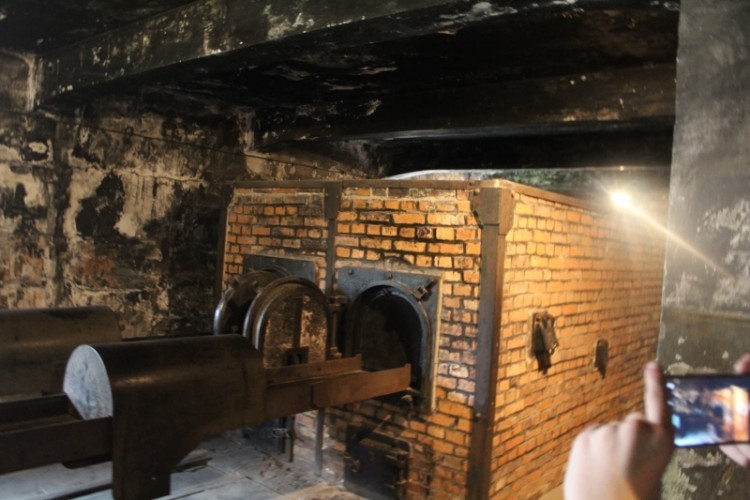
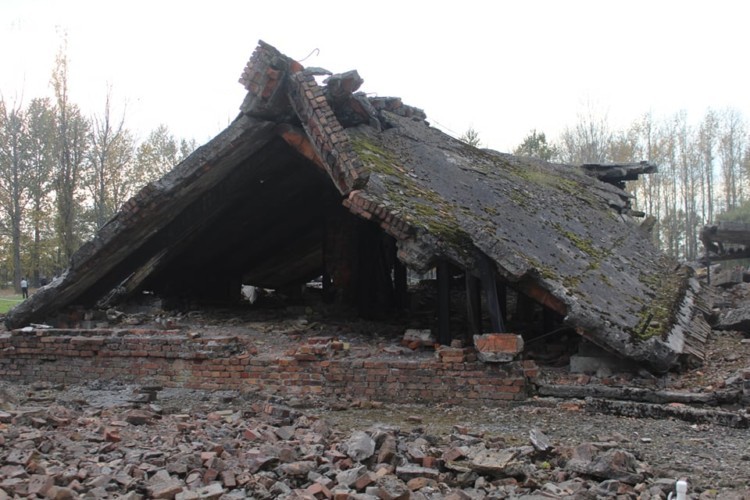
Se connecter ou Adhérer
pour créer et afficher des commentaires
